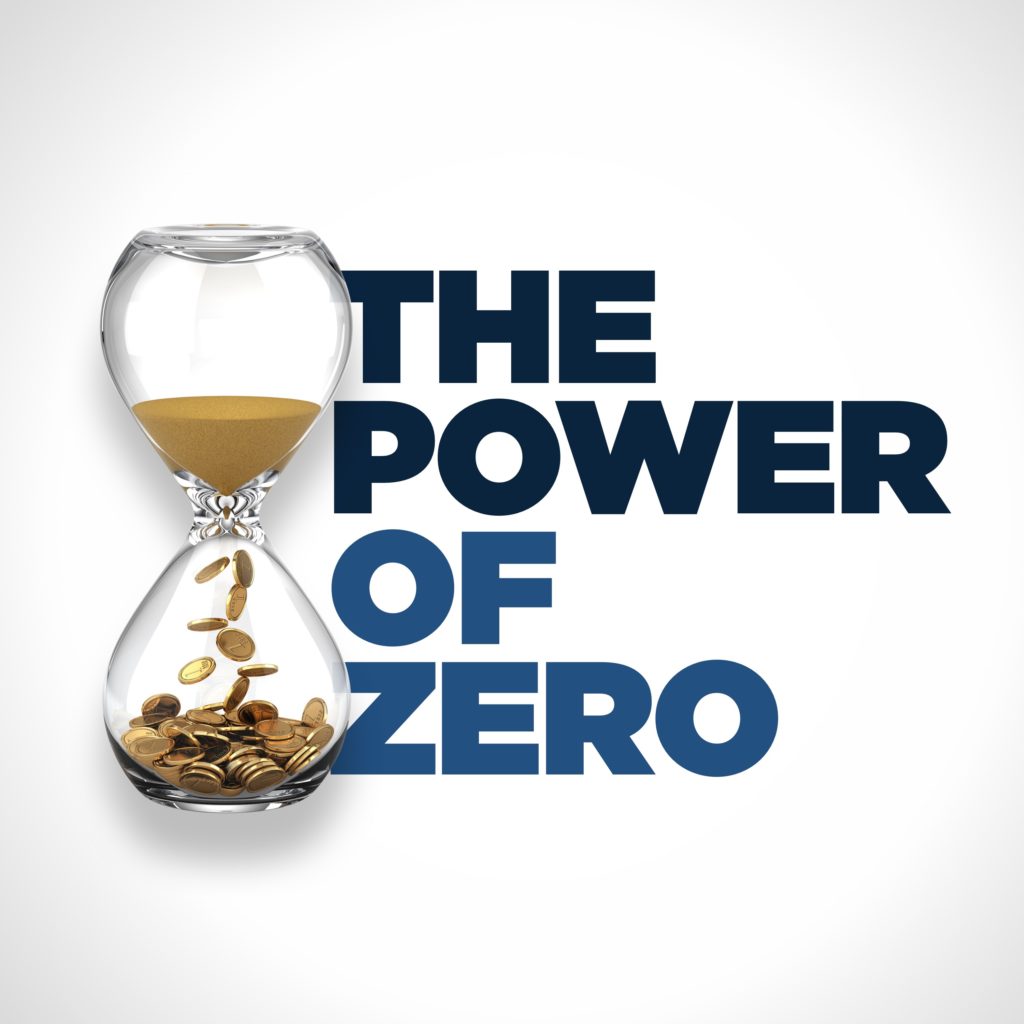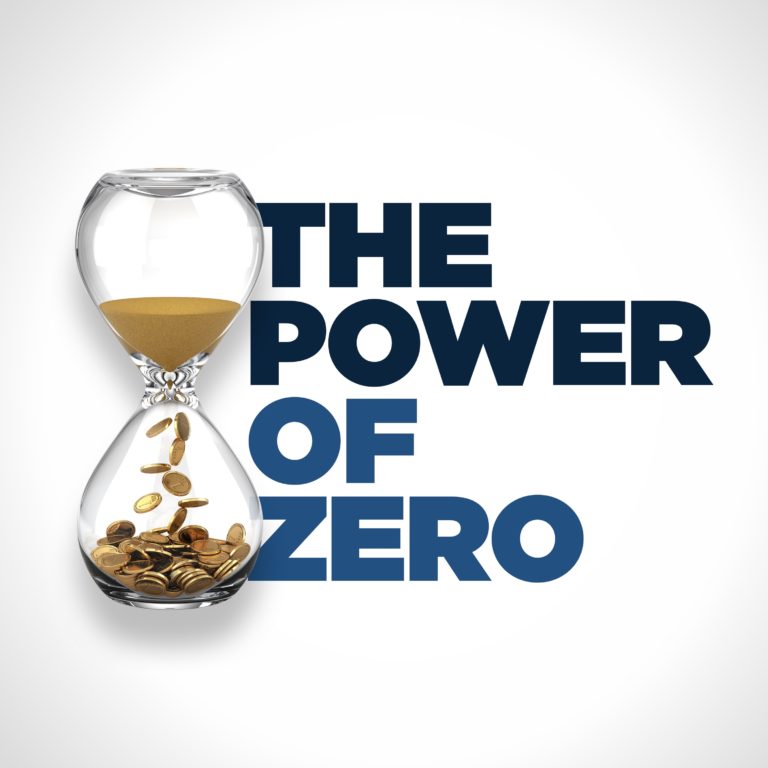One of the things we tell 75 million Baby Boomers preparing to retire is that tax rates are going to be higher in the future.
Some people will point to the latest tax cuts and think that the urgency of David’s message is diminished.
David Walker has famously said we have to double taxes, reduce spending by a half, or some combination of the two.
The question is what did we do with this latest tax cut? We lowered taxes but also increased spending by $1.5 trillion over the next ten years.
All that means is that the fix on the back end is going to be even more draconian and aggressive than it already was going to be. We did the exact opposite of what we should have done.
The cost of admission to the tax free bucket is you have to pay a tax. Either you pay now or you pay later.
With this new tax cut, we now know the year and the day when tax rates will go up. It’s no longer a guessing game, all the uncertainty and doubt has been removed from the equation.
We now have the ability to understand where tax rates are today and where they are going to be in 2026, but who knows what will happen beyond then.
With the latest tax cut, a lot of the media focused on Joe Mainstreet America and what he will be saving. While that’s important to know, it’s also important to understand what the opportunity is for people looking to get off the train tracks.
The reason people postpone the decision is because of uncertainty and doubt. They don’t want to pay a tax today only to regret it if tax rates get lower in the future.
The general rule is you want to stay in your current tax bracket when you are doing things like Roth conversions. Don’t let a year go by where you are not maxing out what you can do within your tax bracket.
There is one exception, which David calls the sweet spot in the 2018 tax code, which is the 24% tax bracket.
For 2% more you can shift an additional $150,000 dollars to the tax free bucket.
Come 2030, we will look back at the 24% tax rate and think of it as the deal of the century. Tax rates will likely never be as low again.
Every year that goes by where you fail to take advantage of historically low tax rates, there will potentially be a year beyond 2026 where you are forced to pay the highest tax rates you are likely to ever see.
If you wait until 2027 to do the same Roth conversions, that will push you into the 33% tax bracket and you will pay an additional $15,000 each year.
We know when the tax sale is going to be over.
Every year between now and 2026 is a tax cylinder that you can take advantage of.
When it comes to shifting money to be tax free, it all comes down to whether you believe tax rates will be higher or lower in the future than they are today.
The only way for this new tax law to change before 2026 is for Democrats to seize the House, the Senate, and the Presidency which is pretty unlikely.
You have an eight year period to stretch that tax liability out over time and get the heavy lifting done before 2026 when tax rates are going to go up and will likely be the highest you will ever experience in your lifetime.



